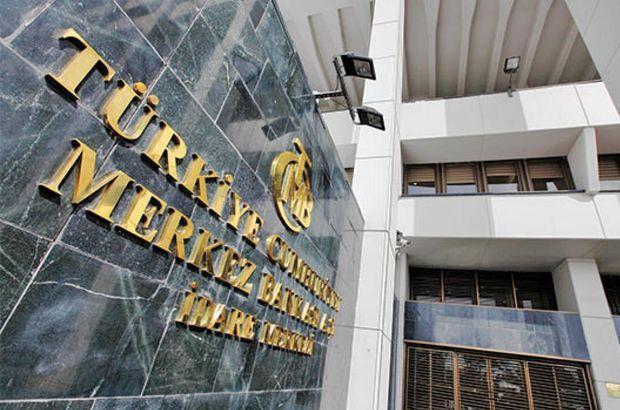
The monetary policy’s effectiveness in curbing inflation will become more apparent in the upcoming period based on a number of factors, including an expected decline in cost effects, the head of the Turkish Central Bank has said.
In an interview with daily Hürriyet, Central Bank Governor Murat Çetinkaya said that although 2017 was a tough year in terms of inflation, a gradual recovery would be seen in 2018.
“Many factors had a simultaneous negative affect on the inflation in Turkey last year. Partially fueled by geopolitical factors, steep fluctuations in foreign exchange rates and increases in commodity prices were key factors that pushed up the inflation rate. At the end of 2017, the contribution of only these two factors over Turkey’s inflation hit four points,” he said, adding that the Central Bank reacted accurately to these developments through a strong monetary tightening stance.
Due to some delays in transfer mechanisms, it takes some time to see the monetary policy decisions on inflation, Çetinkaya said.
“This delay took longer in 2017 than it was in the previous years. One of the main reasons behind this was that the increases in both foreign exchange rates and import prices continued to affect the annual inflation in a long period of time. A strong demand played a role, too. With an expected decline in cost effects and rebalancing, the impact of the monetary policy will be more visible in the upcoming period,” he added.
“In the upcoming period, the expectations channel will also make a positive impact,” Çetinkaya also said.
Turkey’s headline inflation rate was at 11.92 percent at the end of 2017, regressing from a 14-year peak at 12.98 percent in November 2017, mainly due to price increases in the food and transportation sectors.
High inflation is one of the biggest challenges facing the Turkish economy, which has grown strongly after a short-lived downturn following a failed coup in July 2016.
Turkey’s annual inflation was 10.4 percent in January, easing from 11.9 percent in December 2017, data from the Turkish Statistics Institute (TÜİK) showed on Feb. 5.
“We are giving the required reaction and we will continue to do this. Markets face fluctuations from time to time. It is not fair to expect the monetary stance to respond to all of these fluctuations one by one,” Çetinkaya said, adding that the Central Bank had given the required reaction by analyzing all factors affecting the inflation rate for the medium-term and main market themes.
He also said a coordinated effort between Turkey’s fiscal policies and the Central Bank’s monetary policies would likely continue to support the disinflation trend.